No water.
No food.
No medicine.
These are terms that are said in the media often, but honestly, how many have considered what it is like to lack the bare minimum of basic human needs?
Early marriage.
Early pregnancy.
Orphanage.
In the Southern African country of Zambia, this is shockingly common. With the vicious cycle of early marriage and 80% divorce rate, we are seeing children thrown away in the streets by their parents because they cannot afford to take care of their own children.
On top of all of this:
Drought.
Not only do they have to manage sharing the scarce resources of water amongst themselves, the people have to share the water with wild animals. In the Mapanza chiefdom in the Coma district in the Southern province of Zambia with a population of approximately 8000, villagers need to walk a distance of 40km to collect water, and children are taught from the age of 3 to carry a large bowl of water on their heads.
To alleviate this circumstance, Happiness Initiative lead a project to build a borehole in Mapanza. With the donation of $2000 USD from sponsors, this borehole is now allowing 1500 village members out of the 8000 to have access to drinking water at a closer distance.
On the morning of November 12, 2016, around 11am, I participated in an educational talk show that is locally aired in Zambia through the non-profit organization, Families are Nations. Hosted by Judith Anne Mwila, she is bringing awareness to the social issues of Zambia. Mainly, the issues on early marriage and early pregnancy. She is also a strong advocate in women of Zambia continuing their education. As mentioned above, there is a vicious cycle of early marriage, 80% divorce rate, and trash that are carelessly being thrown in the streets from the lack of public awareness on clean streets. Young girls are left stranded with children, when they themselves are still a child, and these young girls cannot find a path to care for themselves.
During the talk show, we got one phone call from a 14-year-old single mother. Being a mother of triplets, she desperately asked for help. She was in a situation where she could not afford food to feed her children. On top of that, no diapers or even toilet paper. In the conversation, she mentioned how she was at the brink of throwing away her children to the streets.
Hearing this call, Judith and I visited her and bought her bread, jam, dry milk, and one week worth of food. The place this young girl lived was a room smaller than the standard walk-in closet. The room was small to the point that if one person lies down, there would be no more space. The young girl explained that she and her family would sleep outside in the scorching heat because there is not enough space in her house. Encouraging the young girl to continue studying, we said our farewells to her.
Later in the afternoon, I headed out to meet the chief of the village of Mapanza where the borehole was to be dug. Round trip to visit this village from where I was staying was a total of 6 hours.
Meeting the chief, we talked about the donation being offered to the community and on where the borehole would be placed. The chief talked to me about how we need 40 boreholes to accommodate all the villagers to have access to water at a closer distance. During the meeting, I received a letter of request from the chief to help support the village further develop this borehole project.
On Nov. 13, I visited the village again, but on this day, I received a thank you letter, and with the villagers, we had a banner ceremony to signify the first borehole being made in the village of Mapanza initiated by the Happiness Initiative along with the partnership of Families are Nations and Family Federation for World Peace.
Creating one well costs about $2500~$3000 dollars, a reasonable amount to have more than a thousand people have access to drinking water. Without a river, farming is difficult, and without education, there is lack of awareness to consider a greater picture than my own.
Developed nations such as the United States of America have excess materials that can be shared with countries that lack those excess.
Why don’t we bother to take such an action? As a society, we are forgetting how one human being, I, can make an impact, a difference. We are being pulled into the way of thinking that someone else, or an organization will do something about the problems of this world, and we ignore the responsibility that I as a human being hold. This responsibility, is in other words, for me to create and nurture love, live for the sake of others. It’s not just to sit, wait, and hope for someone to do this. Everything begins from me. I make the difference.
Happiness Initiative is calling for sponsorship in creating more of these boreholes. In addition, Happiness Initiative wants to collect excess diapers, containers, and menstrual pads to send.
Let us consider our responsibility as another human being and create true happiness.
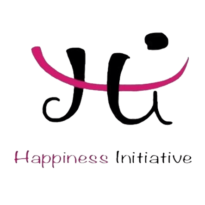




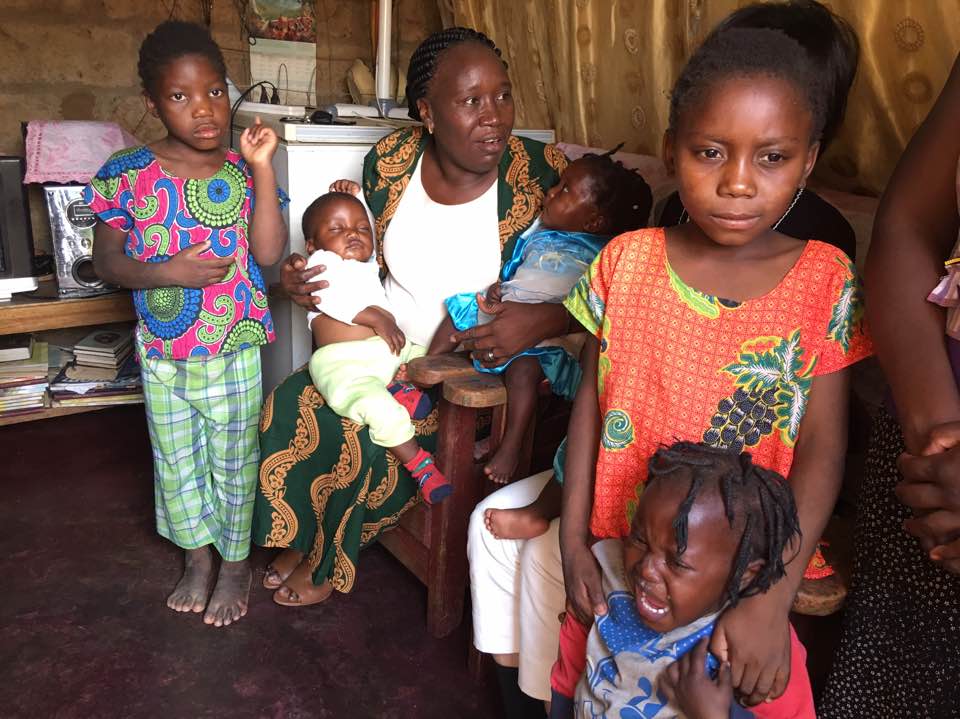
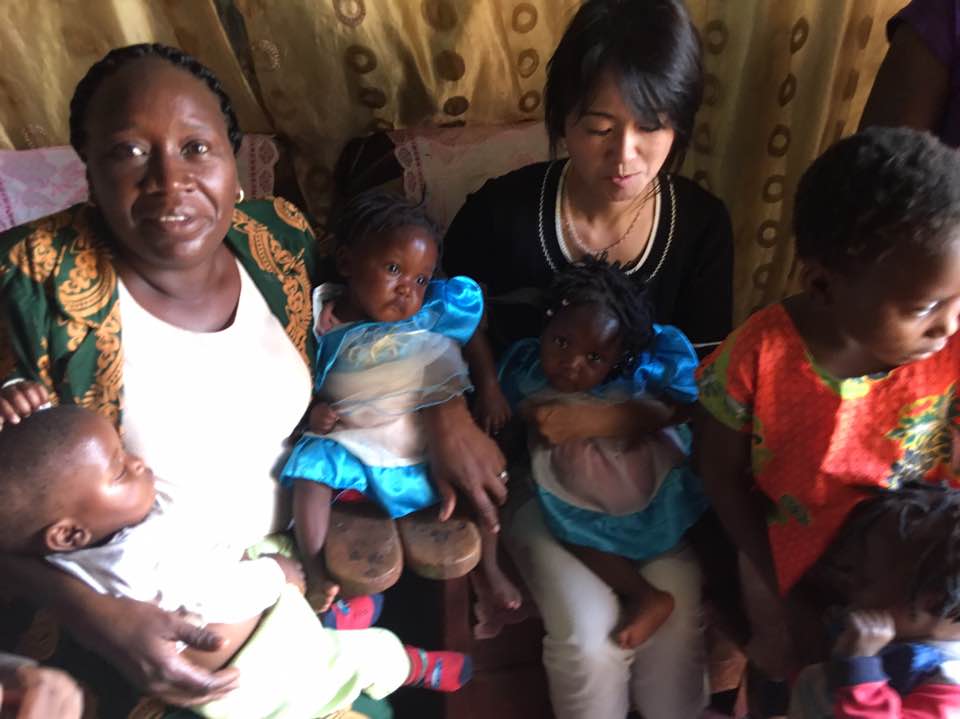
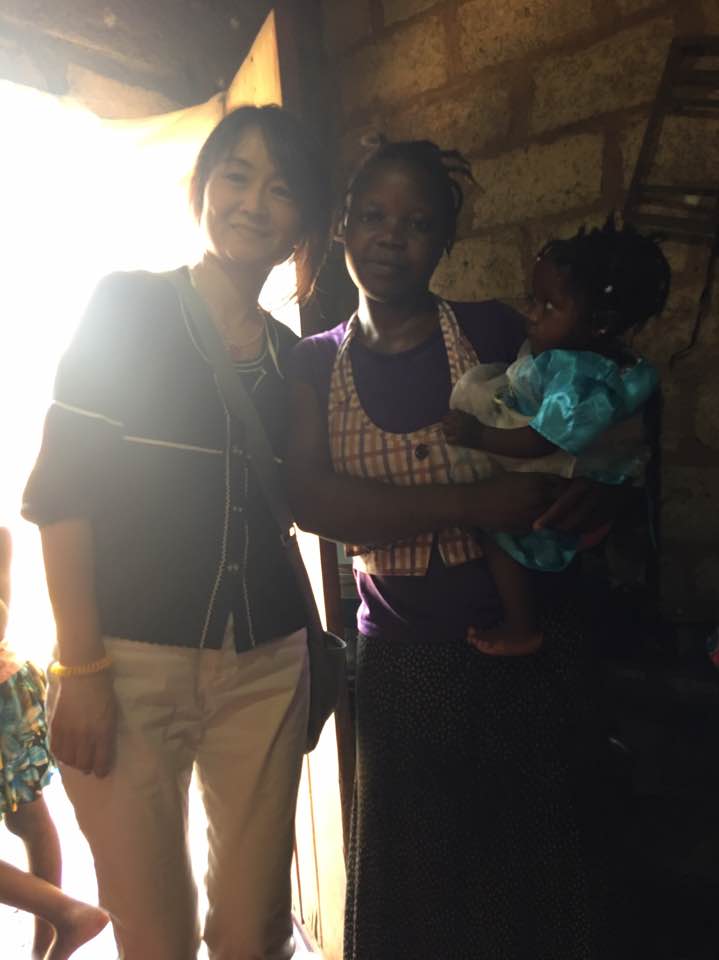
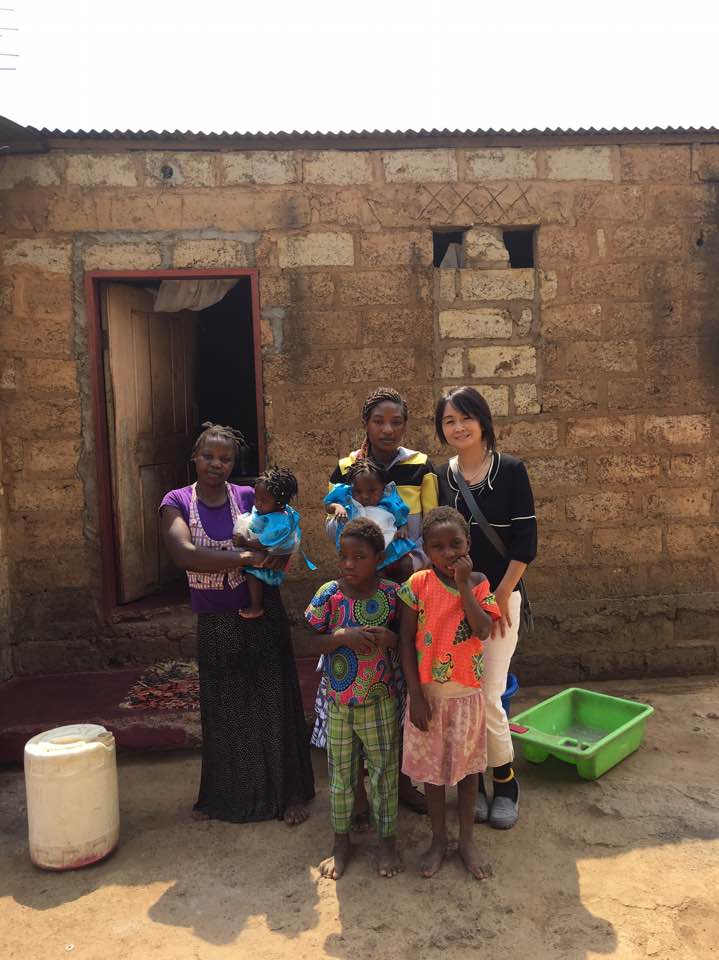


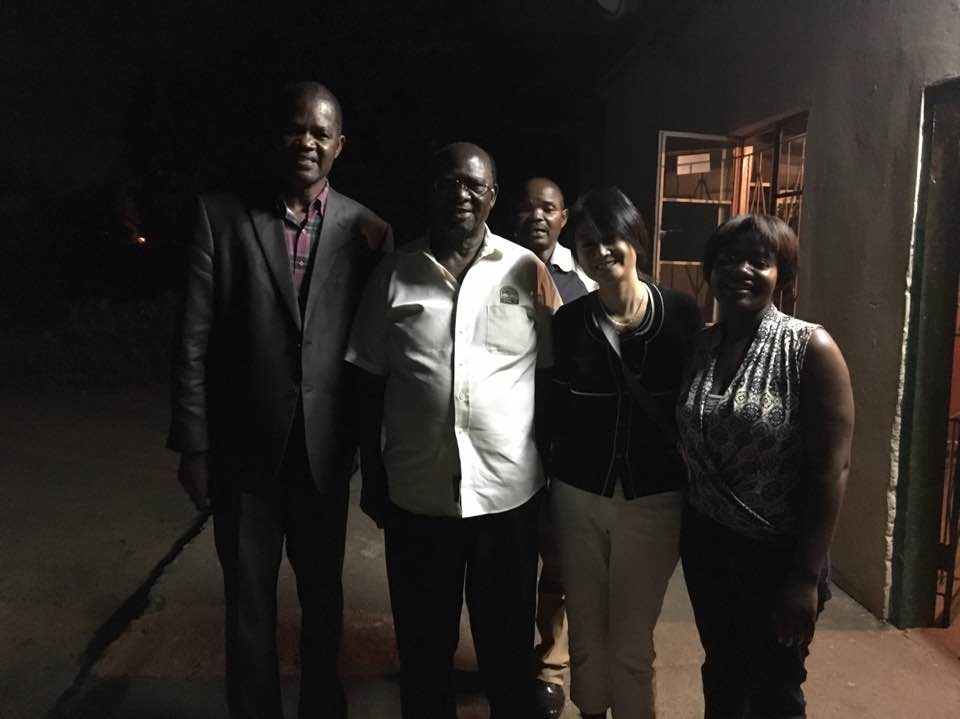
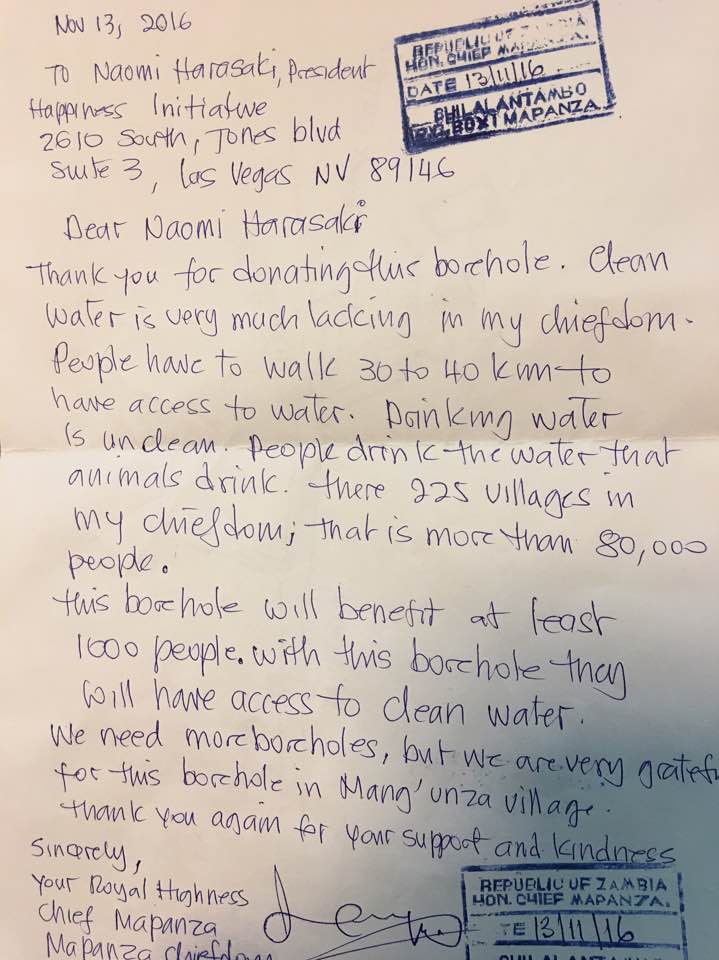
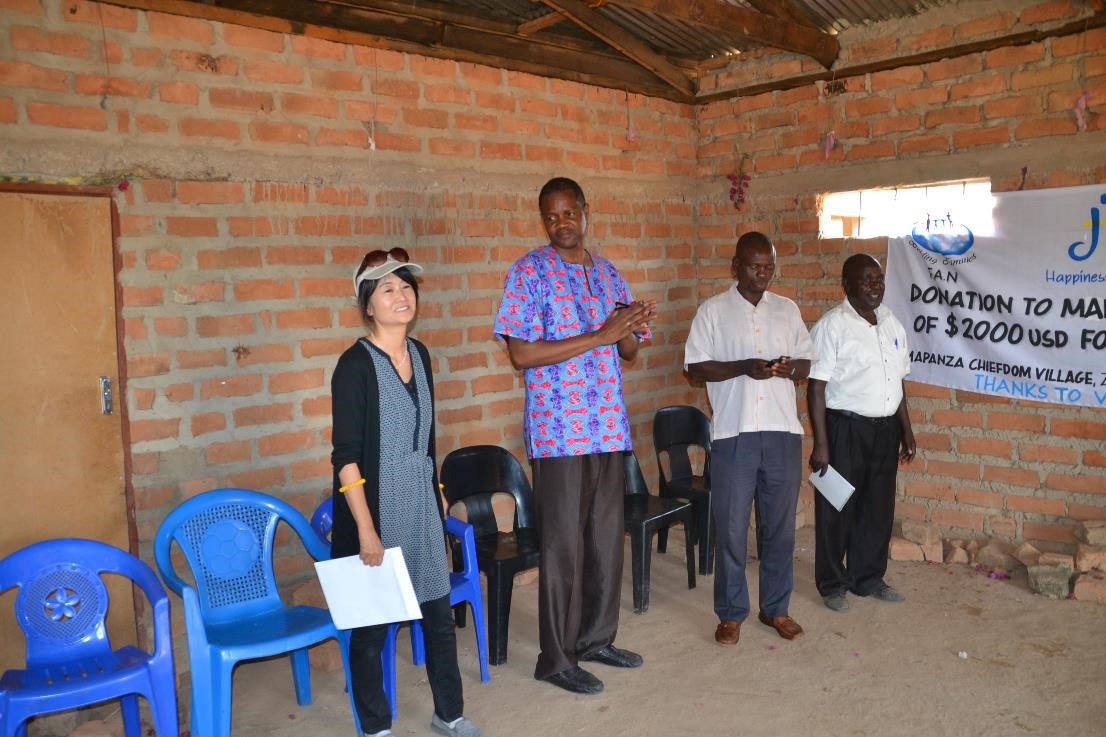
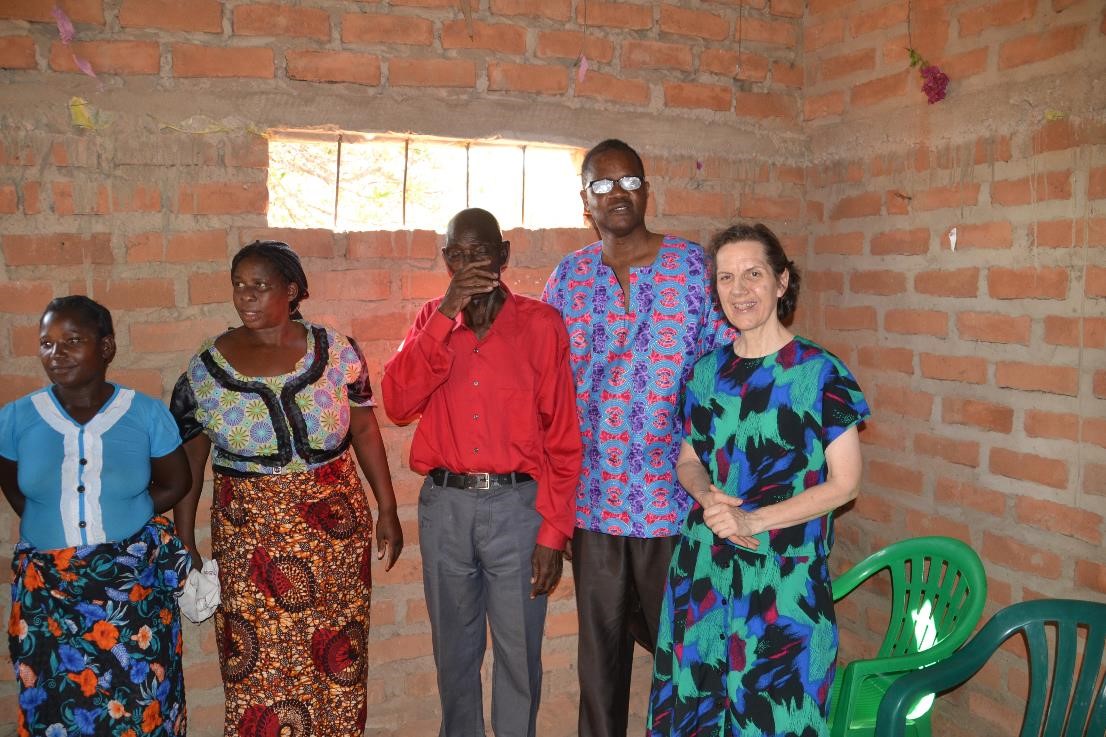

Leave a Reply
You must belogged in to post a comment.